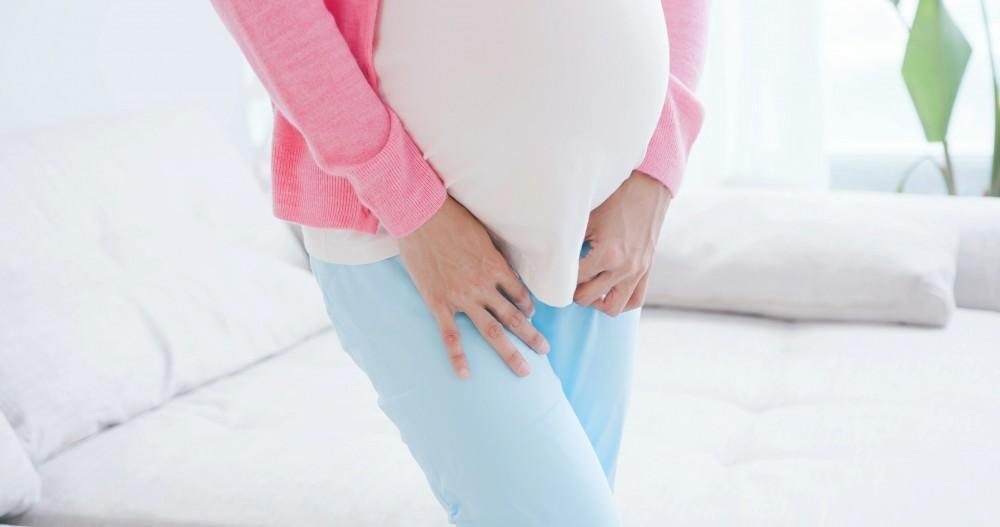The Link Between Pregnancy and Urinary Incontinence
Urinary incontinence is the term for loss of bladder control and it’s something that 10 million-13 million Americans deal with. It can be mild or severe and can affect anyone. Typically, however, this condition affects more women than men and becomes more common as people get older.
It’s especially common with pregnant women, with 63% in one survey saying their incontinence issues began during or after their pregnancies. Incontinence related to pregnancy is manageable, and understanding why it happens can help show you how it can be managed.
Dr. Neeraj Kohli and Boston Urogyn, with four Massachusetts locations, have years of experience helping women in the Boston area with their urogynecology needs, including the complications of urinary incontinence.
How does urinary incontinence happen?
Normally the bladder muscles tighten when you need to urinate; if you have to hold it, the sphincter muscles close to prevent leakage. When you’re ready to urinate, the bladder forces urine out of the urethra, and the sphincter muscles relax, releasing urine out of the body.
Incontinence happens when the bladder muscles tighten suddenly and the sphincter muscles are unable to shut the urethra.
This situation is often a symptom of another condition. Weight, constipation, nerve damage, infection, and diet can all contribute to urinary incontinence. And, of course, pregnancy.
How does pregnancy affect urinary incontinence?
Pregnancy can affect the bladder in a few ways that differ from other causes of urinary incontinence. When you’re pregnant, a number of issues can interfere with the way the bladder relaxes and contracts, such as hormone changes and the pressure from the uterus.
The increased weight from the uterus can cause stress incontinence. This means that the bladder runs the risk of leaking when a pregnant woman coughs, sneezes, laughs, or overexerts herself.
Family history, gaining more weight than expected during pregnancy, and getting pregnant over age 35 can also increase the chances of experiencing urinary incontinence. Many women also deal with incontinence after pregnancy as a result of the pelvic muscles weakening.
How is urinary incontinence treated?
Simple things you can do to reduce the incidence of incontinence include scheduling bathroom breaks more frequently (expect to go every couple of hours), monitoring weight gain, and practicing Kegel exercises (pelvic exercises designed to strengthen the pelvic floor).
Dr. Kohli might recommend minimally invasive solutions if at-home therapies don’t work.
Incontinence can be an embarrassing condition, but don’t let that stop you from discussing it with your physician. If you’re pregnant and struggling with urinary incontinence, make an appointment with Boston Urogyn by phone or online to get relief.

